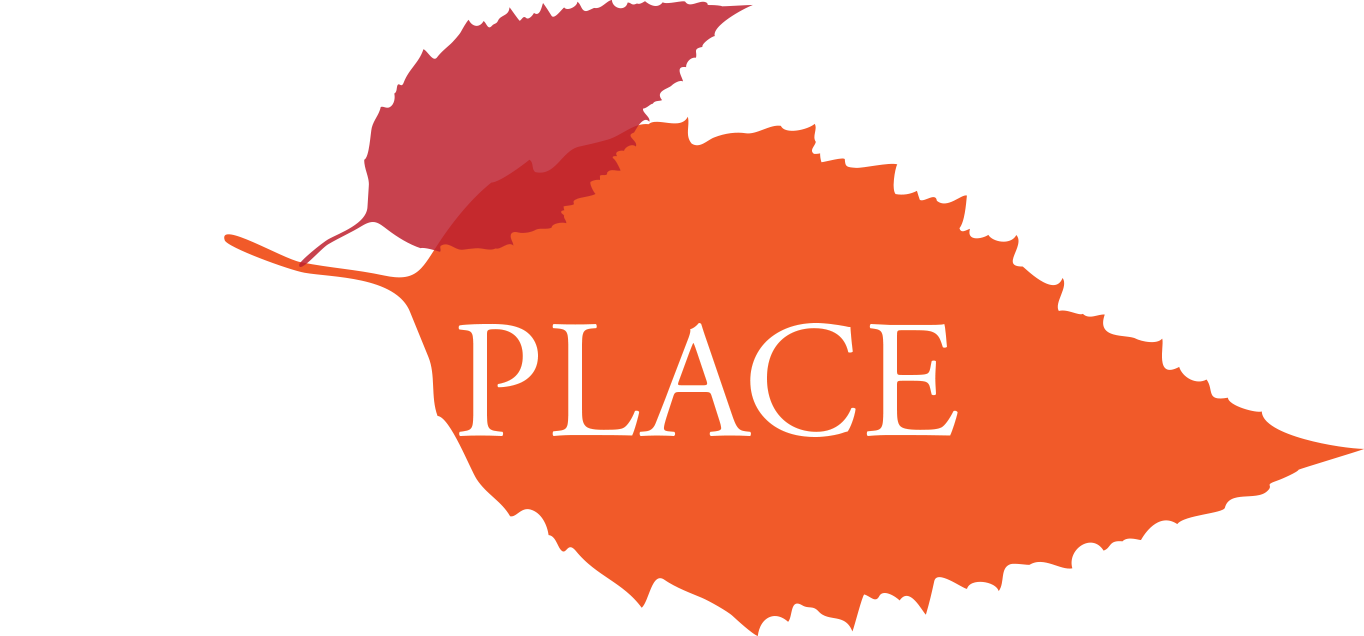Our physical, mental, and emotional health is so important. It’s important to know where to go to when we need a doctor or advice about a health issue.
And there is so much information circulating about health care… health insurance… Medicare… free… private… public… dental… optical… hospital cover… ambulance cover… gap payments… extras… What does it all mean?!
The following article aims to explain all the different types of healthcare, so the medical system can feel less overwhelming.


Public Healthcare
Australia provides free health insurance for all its permanent residents.
So, if you’re a permanent Australian resident then you already have health insurance, it’s called Medicare. Medicare is the Government health insurance scheme which provides access to many health and hospital services at no cost or low cost. Medicare works by covering all or most of the cost of medical expenses. When it doesn’t cover the whole cost, the bit that’s left to pay is called the ‘gap’ payment. You can avoid gap payments by making sure your doctor bulk-bills, which just means that they don’t charge any gap. A Health Care Card may also reduce or remove gap payments, more on that further down.

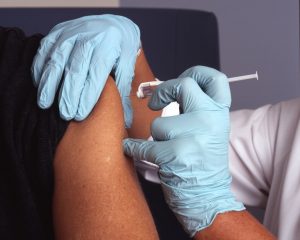
How to get Medicare
If you’re unsure about your Medicare details or don’t have a Medicare card, you can find information about Medicare at https://www.servicesaustralia.gov.au/individuals/medicare.
If you are aged 15 years or older, you can apply for your own Medicare card, and any children or young people under 15 can be listed on their parents’ card. Babies born in Australia are automatically enrolled into the Medicare system.
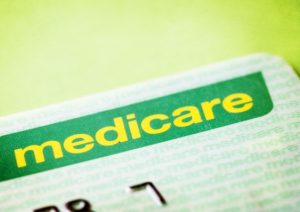

What does Medicare cover?
If you have a Medicare card, you will have access to free or lower cost:
- Medical services by doctors
- Specialists and other health professionals hospital treatment in a public hospital
- Plus many prescription medicines.


What is a Centrelink Health Care Card?
Health care cards are basically concession cards. You need to have a low income or be on a government benefit to apply for one. Have a look here at the different types of cards.
Health care cards mean you pay even less for medical costs. Many doctors and some specialists will bulk bill for people with a health care card, just make sure you ask when you book an appointment.
People with a health care card can also access to free or cheap dental care through SA Dental. There is a list of SA Dental clinics here, just ring and ask about accessing free dental with a concession card. Warning! If you don’t need urgent dental care (if you just need a check-up or non-emergency treatment) there’s going to be a long waiting list. A really long, year or more wait.
You can also access Glasses SA, for cheap glasses. Have a read of prices here. There’s a list of Glasses SA optometrists here.
There are other goodies too, like cheap bus and movie tickets, and cheaper utility bills in some circumstances. Check out some of other the concessions you can access with a health care card here.
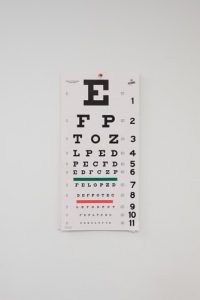

Private Health Insurance
Medicare as mentioned, provides access to a reasonable health care system including free to low cost public hospital experiences. The public hospital system on its own, provides a good service for people who require emergency surgery, or who are willing to wait to have non-emergency surgery. Private health insurance is also expensive and may not be affordable for young people.
Private health may help with:
- Shorter waiting times than within the public health system
- Claiming money back on non-Medicare health services
- Accessing dental covered by private health insurance
- Choosing your doctor or surgeon.
Private health may not help with:
Finances – it is an expensive ongoing cost which generally increases yearly
understanding what you are/are not covered for within any cover – they are often complex
excluded treatments – depending on your policy you may not have particular treatments covered at all out of pocket cost – private health insurance treatments that are covered may still have a gap to pay.
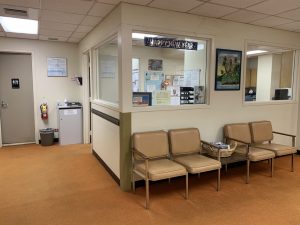

Hospital Cover
If you only have Medicare, for any elective (non-emergency) surgery you’ll end up on a waiting list. This can be years and years long. The public system also doesn’t have the resources to enable you to choose your own doctor and you’ll always be in public hospitals.
However, if you do choose to get hospital cover, you can often choose your doctor and get surgery much faster. Downside? Some private hospitals don’t have the right equipment for the surgery you need, and you’ll end up in a public hospital anyway. And on hospital cover, whether you’re in a public or private hospital as a private patient you may have out-of-pocket costs of thousands of dollars, as subsidies do not cover private health patients.
If you’re 31 or older and you do eventually decide to get private hospital insurance, then you’ll pay more for it in the form of the Lifetime Health Cover loading. So, before you turn 31, have a good think about your long-term health care options. In some cases, if you do have urgent or chronic/ongoing medical needs, the Medicare system may not always be ideal, especially if you’re on a low income, but it is free.

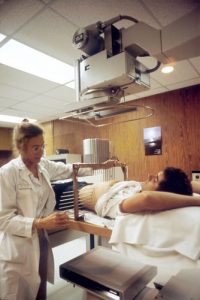

Ambulance Cover
Ambulances are an essential service to be used only when situations call for immediate attention. Calling an ambulance is required when you or someone near you could potentially die without emergency service assistance. When an ambulance is called to a situation, the expenses involved are not covered by Medicare.
Requiring an ambulance is one of those unknowns. No one can predict if or when you’re going to need it. You can purchase Ambulance Cover whilst still using the Medicare system. Or you can choose to purchase ambulance insurance through a private health fund – it’s sometimes included with hospital cover and sometimes with extras, so make sure you check your cover.


Extras
Private health funds (private health insurance) offer extra’s cover. Extras are things like; dental, optometric and physio. Be careful with included extras, there can be traps. Firstly, they will usually only give you capped amounts for each area. Or instance, say they give you $500 to spend on dental each year, but if you have a serious problem with a tooth it will likely cost more than that, and your extras will not cover anything over $500. Secondly you can end up paying for things you never use. Massage is great, but if you only go a couple times a year, then you’ll end up paying for something you don’t use regularly, and it’s a waste of money.



In Summary
If you’re under 25, and especially if you don’t earn much or are on a Centrelink benefit, then sticking to the public system could be a better option for you. If you can, get yourself a health care card, and get on the public dental waitlist.
It is worth-while considering ambulance cover. Especially if you have any underlying or chronic health conditions or are expecting a baby. No one wants an ambulance debt.
If you do decide to get a private health fund, watch out for extras. What extras are covered and by how much. Be realistic about what you will use. And if you’re getting close to your 31st birthday it’s not a bad idea to look into private health cover to avoid the Lifetime Health Cover Loading, as it could save you money in the long run!


